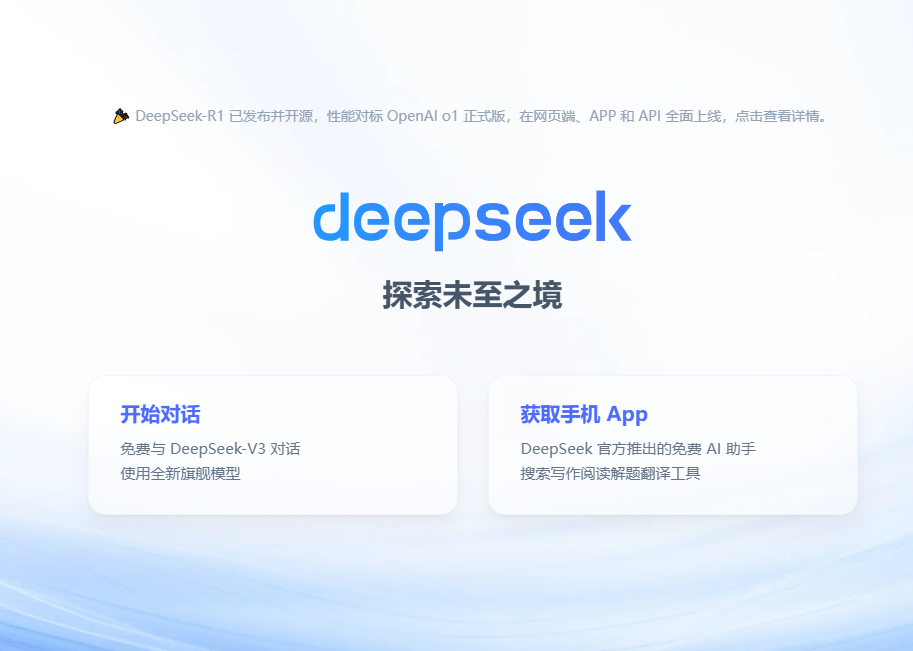DeepSeek R1 Model Stirs Concerns Among Meta Executives
Recently, engineers at Meta have expressed concerns regarding the impending launch of the R1 AI model developed by the Chinese company DeepSeek. This model is recognized as the world’s first open-source AI that rivals OpenAI's offerings, particularly its o1 model. What sets R1 apart is not only its impressive performance but also its remarkably low training cost, estimated at just $5.5 million.

In stark contrast, the annual salaries of many of Meta's executives often exceed the total training cost of DeepSeek's models, leading to significant embarrassment among the management team at Meta.
Internal sources indicate that the launch of DeepSeek V3 last year has intensified the pressure on Meta. Engineers at the company are reportedly racing against time to analyze DeepSeek’s technology in an effort to replicate its key features. Traditionally, AI researchers worldwide have focused on large models from the United States. However, the landscape is shifting, with American engineers increasingly attempting to reverse-engineer AI technologies emerging from China.
DeepSeek's advancements have not only eclipsed Meta’s Llama4 in benchmark tests but also garnered attention across various sectors due to its superior performance. The model has achieved high inference performance through techniques such as large-scale reinforcement learning (RL) and unsupervised fine-tuning (SFT). This leap in technology has led some American observers to contemplate the rapid ascent of China in the AI domain.
Implications for the Tech Industry
The emergence of DeepSeek’s R1 model poses a significant challenge to American tech companies, particularly Meta. The competitive landscape is shifting, as demonstrated by the growing success of DeepSeek in benchmark evaluations. The implications of this development extend beyond just competitive performance; they indicate a broader trend where traditional leaders in AI are now facing serious competition from emerging players in other parts of the world.
Meta, which has been at the forefront of AI development, now finds itself in a precarious position. The company's engineers are under immense pressure to innovate and keep pace with the rapid advancements being made by DeepSeek. This has ignited discussions within the tech community about the future of AI and the potential for a realignment of power within the industry.
As AI models become increasingly integral to various applications, the stakes are rising. DeepSeek’s R1 model not only offers a more economical training option but also challenges the status quo that has favored established American companies. The tech industry is now watching closely to see how Meta and others respond to this challenge.
Conclusion
The development of DeepSeek's R1 model represents a significant shift in the AI landscape, prompting concerns among Meta executives about their competitive edge. As the industry evolves, the effect of DeepSeek’s success may lead to a reevaluation of strategies among American tech giants.
Key Points
- The training cost of DeepSeek's R1 model is only $5.5 million, with performance comparable to OpenAI's o1.
- Meta's executives earn more than the training cost of DeepSeek, contributing to management pressure.
- DeepSeek's success has sparked panic among American tech companies, challenging the United States' dominance in the AI field.